féng, píng
surname
Phonosemantic compound. 马 represents the meaning and 冫 represents the sound. Simplified form of 馮.
Evolution

Bronze script
Late Spring and Autumn (~500 BC)
Seal script
Shuowen (~100 AD)
Clerical script
Western Jin dynasty (266-316 AD)Traditional script
ModernSimplified script
ModernDefinitions
Most common words with 冯
Freq. | Word | Meaning |
|---|---|---|
to gallop | ||
Feng Yuxiang (1882-1948), warlord during Republic of China, strongly critical of Chiang Kai-shek | ||
Feng Youlan (1895-1990), distinguished Chinese philosopher | ||
Feng Jicai (1942-), novelist from Tianjin, author of Extraordinary people in our ordinary world 俗世奇人 | ||
Feng Menglong (1574-1646), late Ming dynasty novelist writing in colloquial (baihua), author of Stories Old and New 古今小說|古今小说[GǔjīnXiǎoshuō] |
